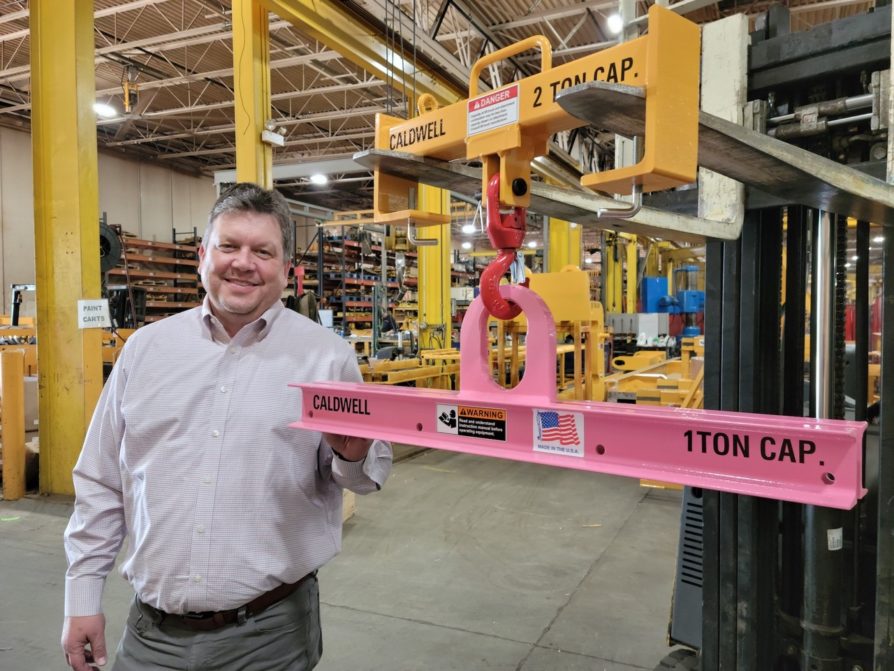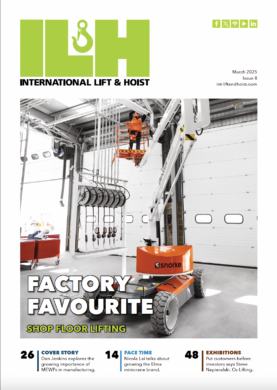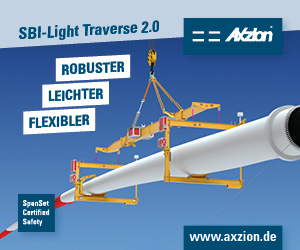)
Company college
In the first of a two-part article, Doug Stitt, president and CEO at The Caldwell Group Inc, urges industry to take an educational approach to preparing a business for success in the new world. We start on the factory floor.
The US, especially, could be better at implementing industrial policy and providing support when it comes to workforce development.
Government and leadership shortcomings are an underlying risk to the concept of reshoring; while it’s exciting to think about certain jobs coming back, some of the beneficiaries and their skills have moved on. The result is wasted time spent not on higher level knowledge and training but on some of the basics because the workforce doesn’t have the depth of industrial savvy it once did.
My area – Rockford, Illinois – is probably a lot like many of America’s great industrial cities. We’re built on a terrific history of supporting manufacturing but as some of those jobs evaporated, so did the workers. For folks who stayed in the area, subsequent economic contractions soon sent them packing too. We all know a machinist or assembler that became a forklift driver.
As economists concur, labour will find a way to adapt and migrate, but difficulties endure for those trying to support the industrial, manufacturing industries.
Booster shot
I recently had a conversation with a high-level accounting manager from a medical supply company. We were talking about an issue my father had and the associated supplies it required. She was so familiar with the relevant processes, products, supply chains, challenges, applications, etc., that I couldn’t help but be impressed that an accountant understood not so much the minutiae, but the multitude of equally important areas of her operation so well.
It was the antithesis of operating in a bubble. How many times have you heard an accountant say, “I just take care of the numbers”?
Depending on the school of thought you subscribe to, it isn’t necessary for everyone in an organisation to understand every detail about their department, the one down the corridor, the one in the basement, and so on. There are business coaches out there that would even deem this inefficient. And, true enough, you wouldn’t want the marketing department running engineering for a week, or vice versa, just to put the theory to the test.
However, while everyone in a team does not require the same level of expertise as this medical accounting manager, you can’t help but think how much more effective the company is given this broad level of understanding.
Without having to sell herself or the business, her knowledge told me so much about what is right about her employer and what life must be like to work there. All the boxes, including continuing professional development (CPD) and job satisfaction, were ticked.
Experiences like this reinforce my commitment to a strategy we call, ‘Caldwell University’, but readers can think of it as, ‘Company College’.
Let me give you a tour of campus.
Production line
Company College represents the ideal of what we want to create for the training and development of our people. That ranges from those coming in for their first day of work with us to others who have been with the company for a period of time that are developing new skills. It has become critical in stemming the brain drain that is going on right now more widely, especially as people retire.
Tribal knowledge (information shared and accepted within a group but not outside it) is a big threat to business on the cusp on 2024, which will be another record year for expertise being taken to the golf course and country club before it is passed down to the next generation of workers. Creating a Company College is a way of guarding against this; we want a structured, intentional way for people to be able to learn and develop, even as artificial intelligence (AI), automation, and robotics drive people towards thinking that such endeavours are worthless today. In fact, they’re worth more than ever.
It makes sense to start the conversation at the production line or assembly shop at a manufacturing business, because this is where, supposedly (see insert), technology has come to replace human beings. It is also a space where an old school approach to training can be exposed in safety shortcomings perhaps before others. Not that long ago (and in some cases still today) training really only existed in the form of working with an experienced colleague. It might have also involved looking at old, outdated work instructions with reams of hand-written updates.
We’ve all heard of the 30-year welding veteran who says, “Forget the print, it’s not right; we do it this way.” Sometimes this is good. Sometimes this is bad. Then there’s his or her colleague who doesn’t even tell the new person the print is wrong and lets them make three batches of product before quality control throws up the flag.
What this culture led to was hiring people to replace those that had retired or moved on and throwing them to the wolves somewhat. The more experienced colleagues on a shop floor would be responsible for making sure no harm came to them and they would tolerate marginal performance, up to a point, in recognition of the fact that they were inexperienced. When something went wrong, however, and a lack of knowhow or training presented itself, the new starter would likely be asked to leave and the whole process started again.
Today, a better approach is based more on the concept of a much longer term investment and the understanding of what the true costs of hiring, training, and development are. In the context of this article, you could call them College Fees.
Mentorship
Implementing a mentor programme is a good idea, whereby each member of staff has an individual that serves as a point of contact to answer questions and air concerns; we’ve found that this is especially beneficial in the first six months of a person’s employment. At that point, it’s usually a good time to introduce further training and development opportunities, which sets a precedent for ongoing learning during life at Company College. People can expect to be developing or helping someone with their development — at all times.
This culture instils an efficiency in training by making it more effective and interactive. Rather than just checking a box — ‘Yup, Mr, Mrs, Miss, Ms… was exposed to this content’ — or running a CPD programme via endless bullet points, consider the value in sharing information with emphasis on what someone can do with it.
When everyone sees the purpose, they’ll challenge the courseware and content to be even better and more relevant. An organisation where everyone knows about processes, products, supply chains, challenges, applications, etc., and why each one is important (remember the accounting manager from the medical supply company), will ultimately be more successful than one where the accountants don’t know what their company’s products do, and put cyclical or season dips in demand for wares down to poor sales or marketing.
In Part Two of this article, I will begin by explaining why I go to the same Company College as a new starter on the fabrication floor. And pay the same fees.











